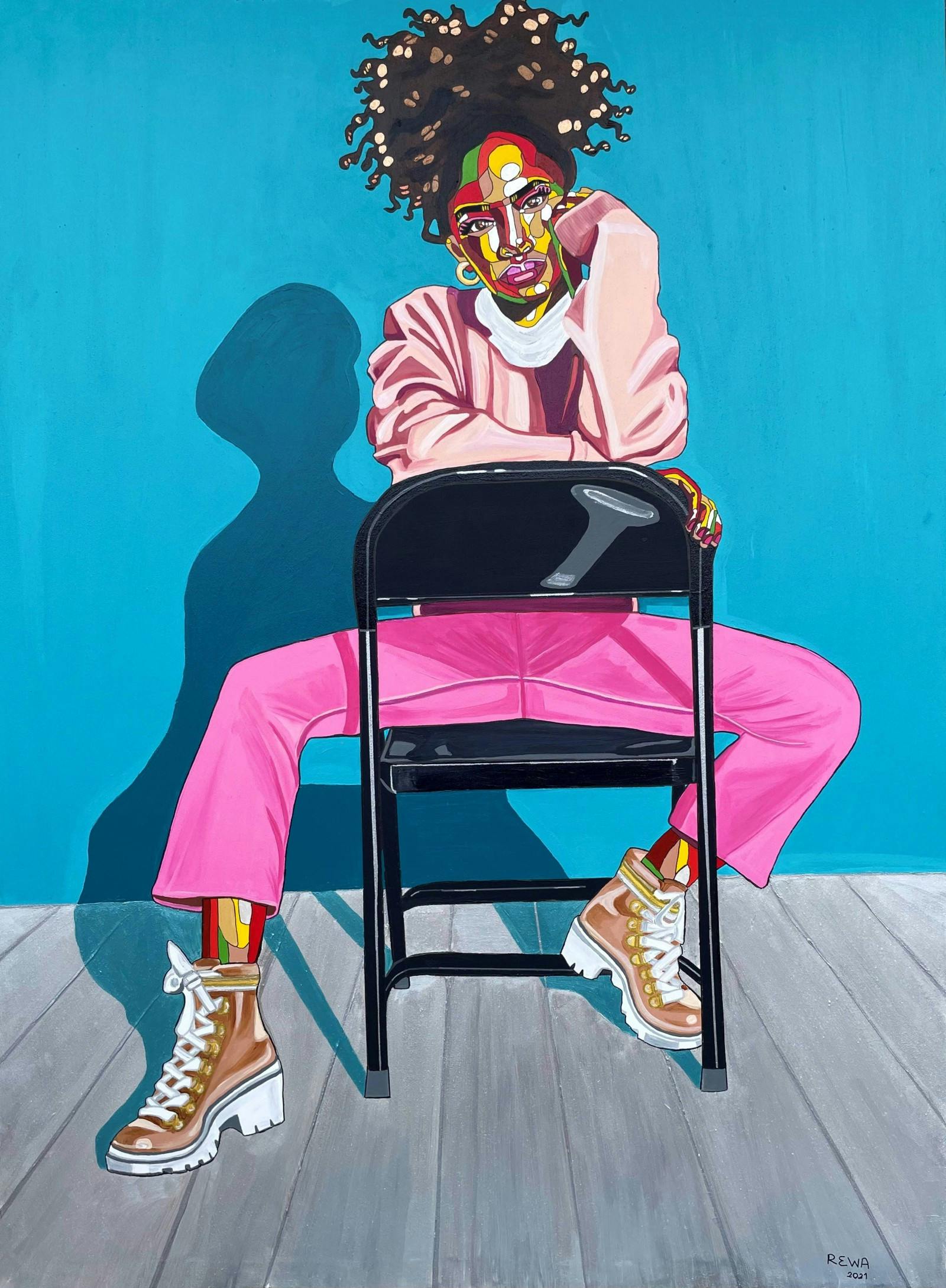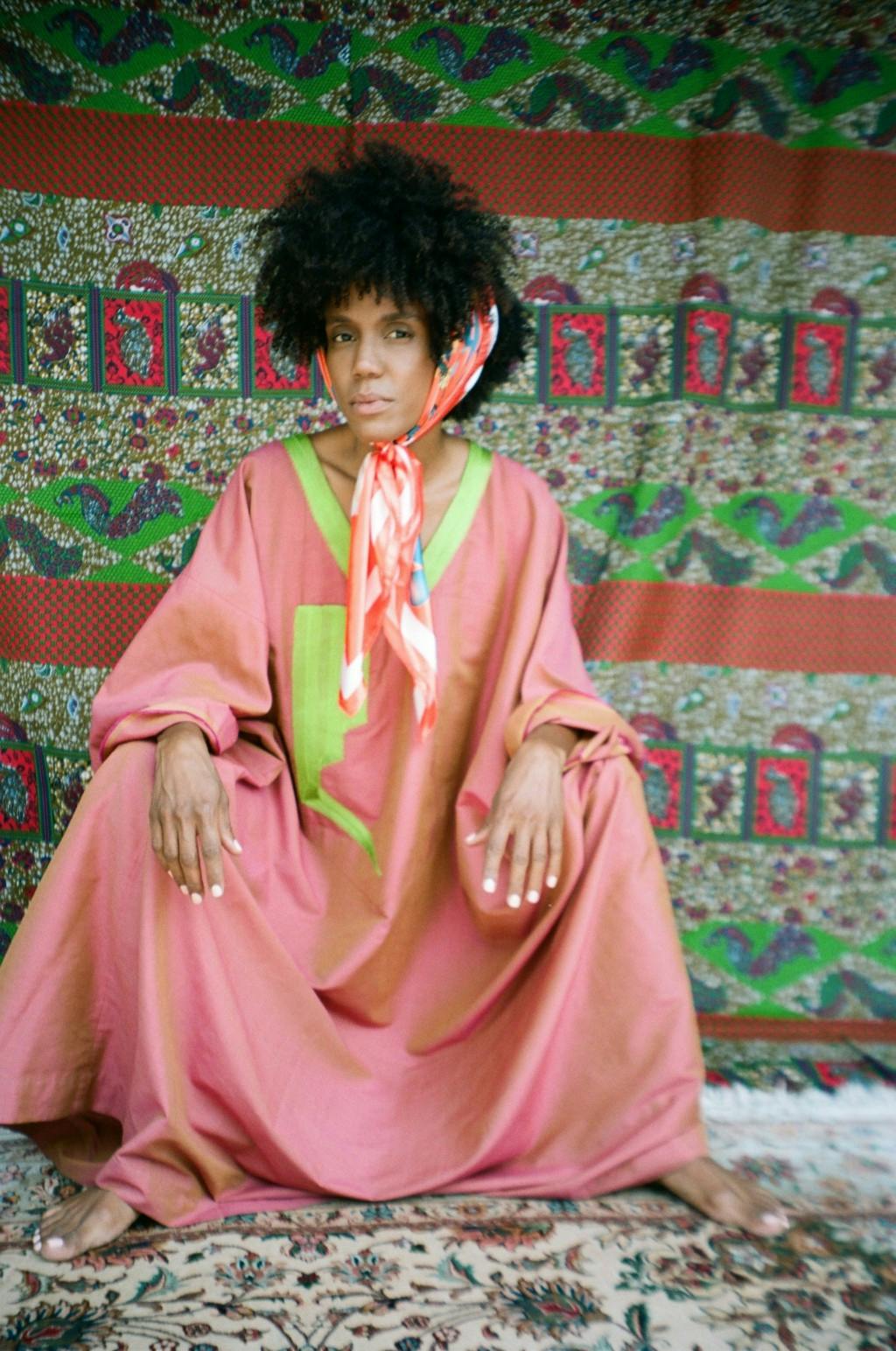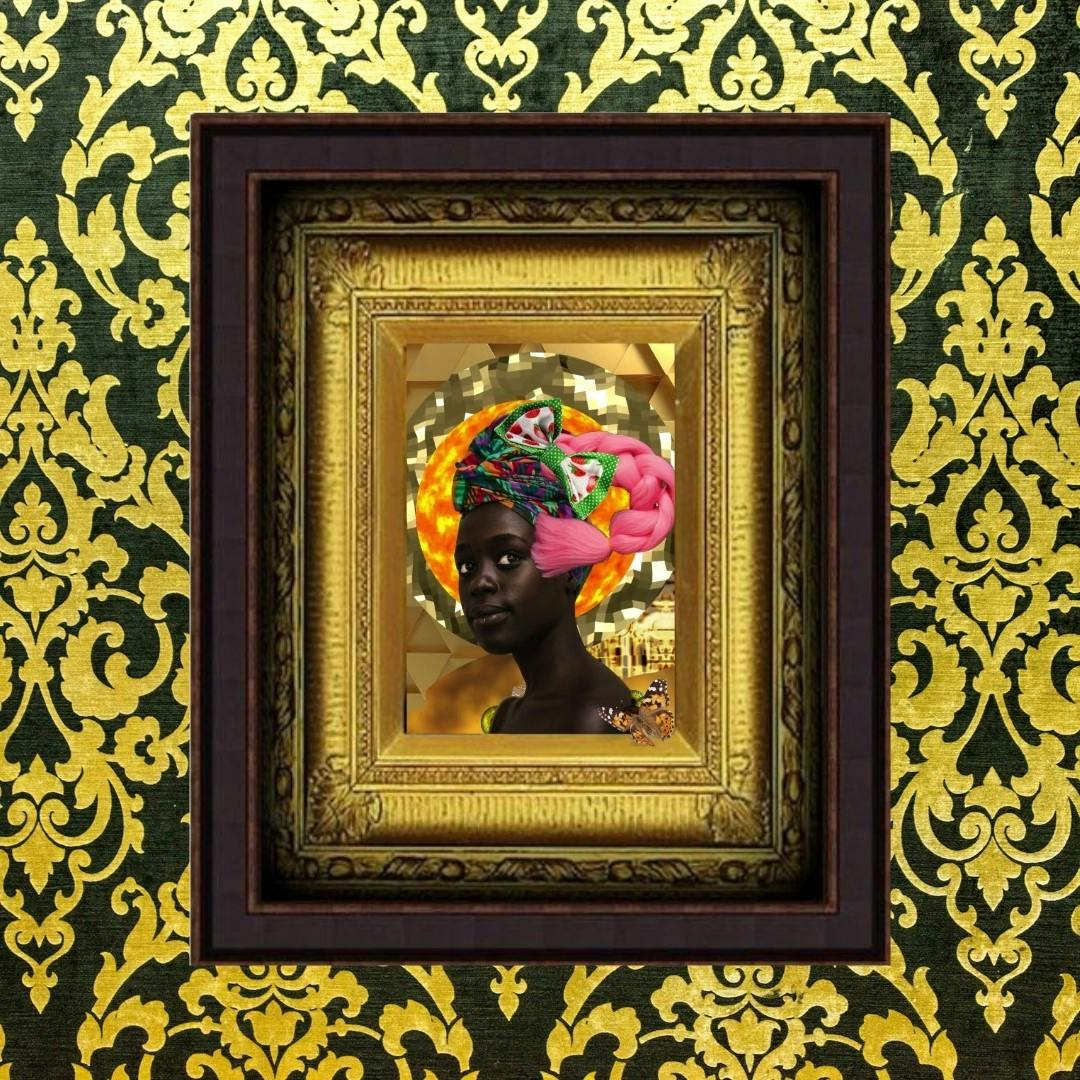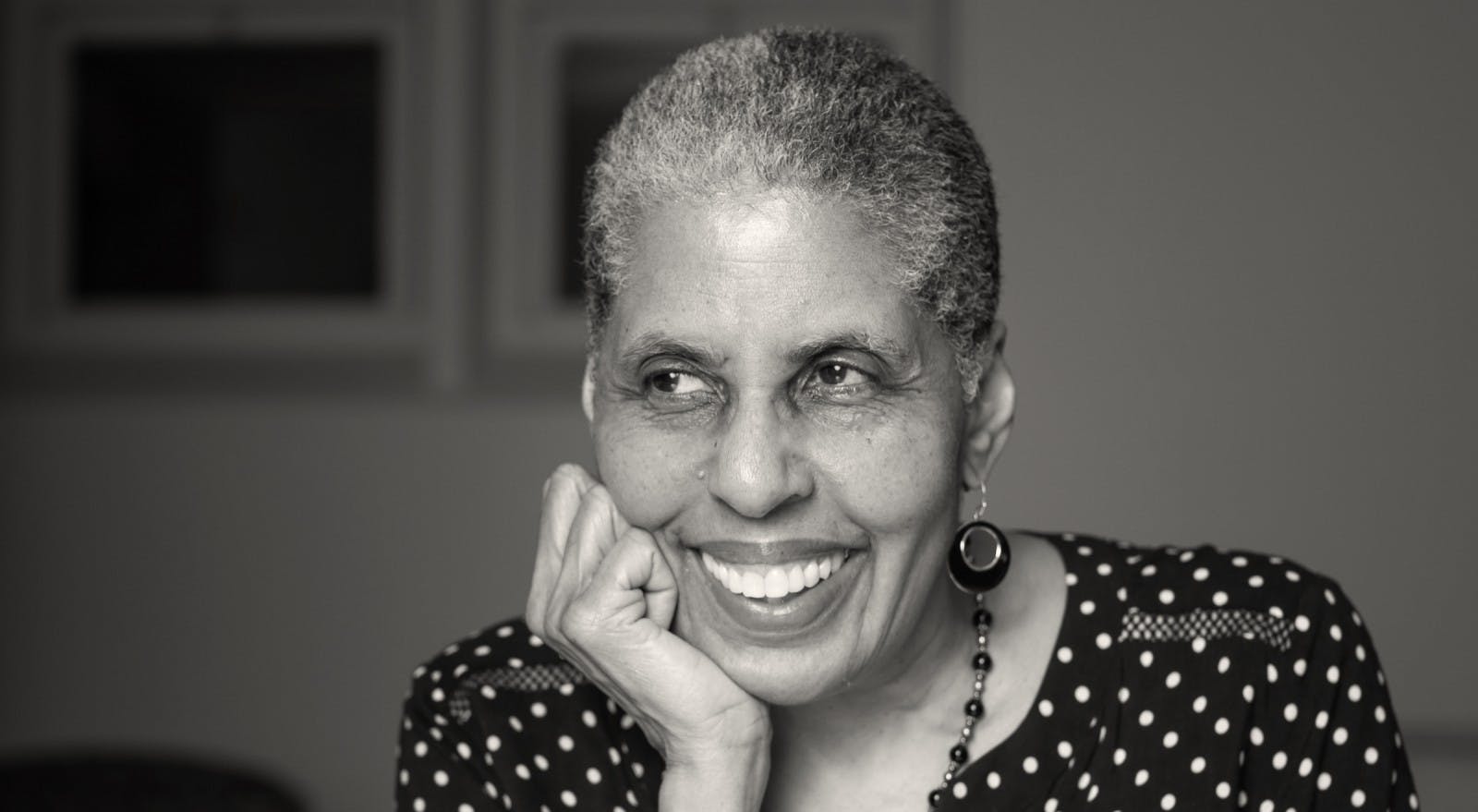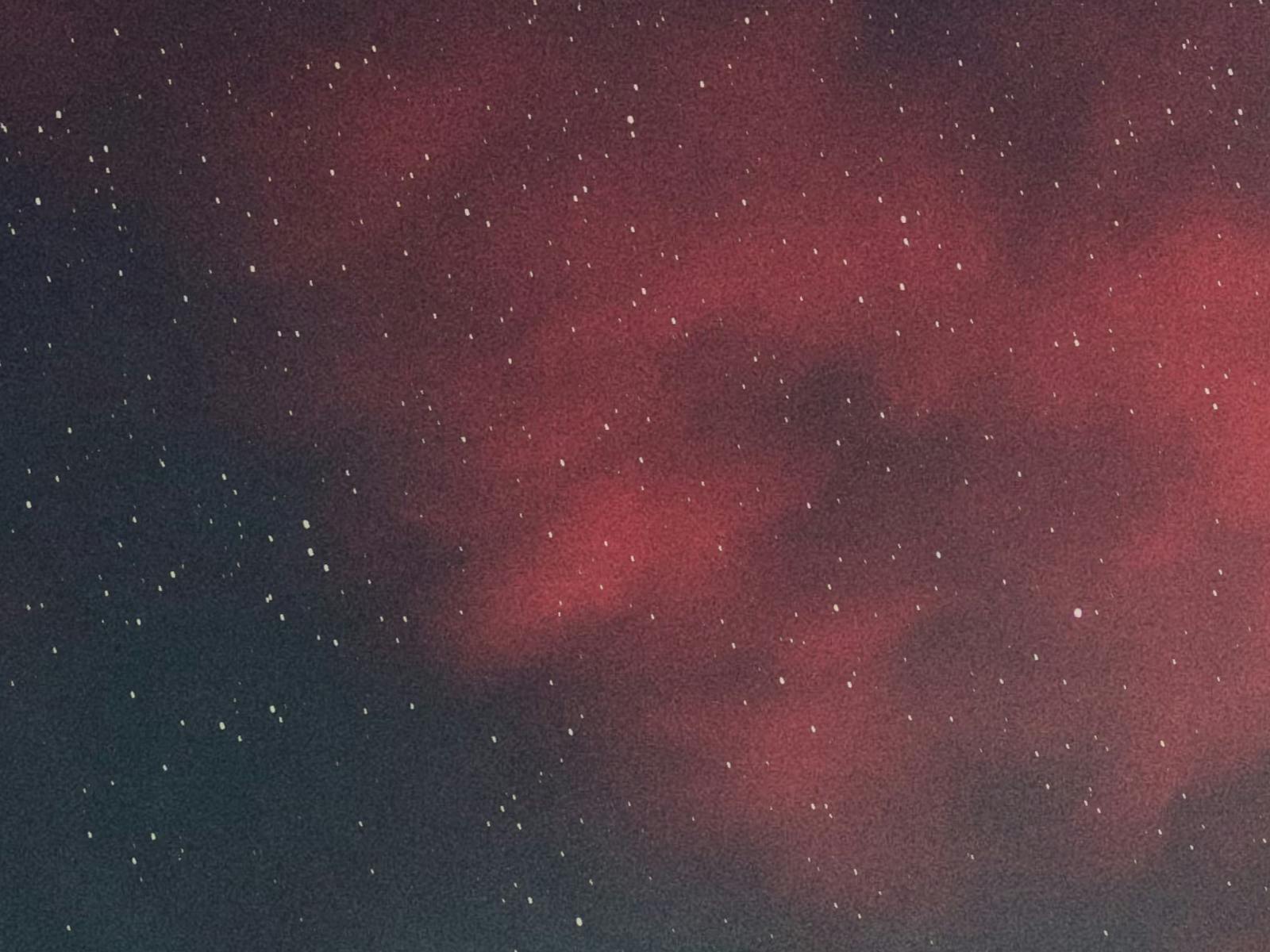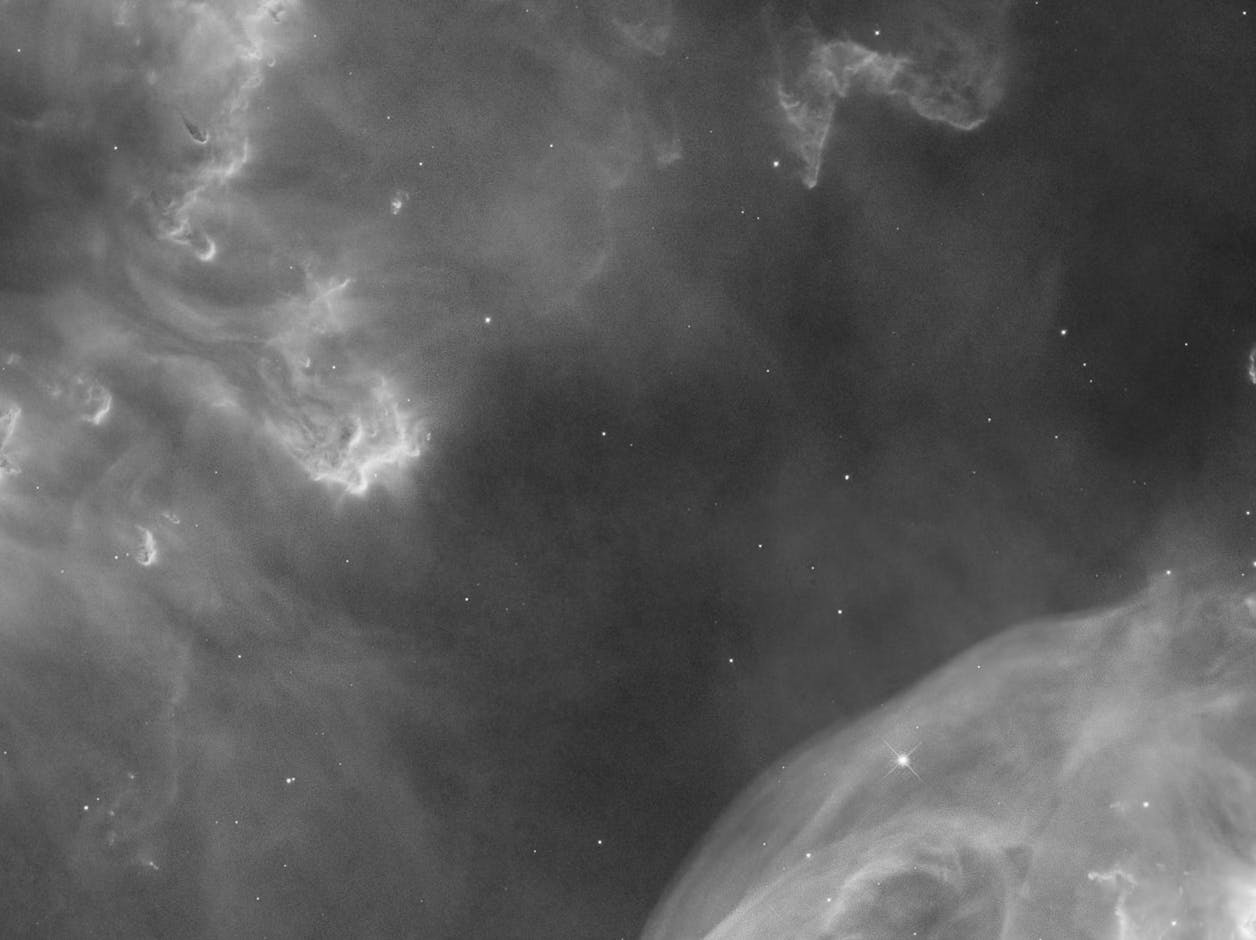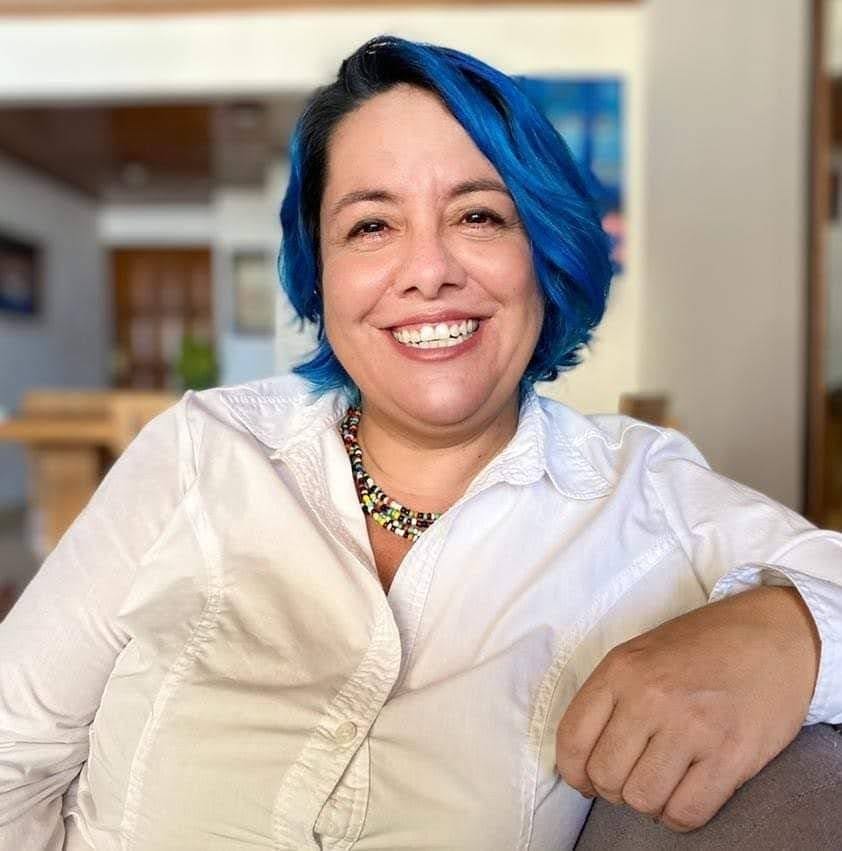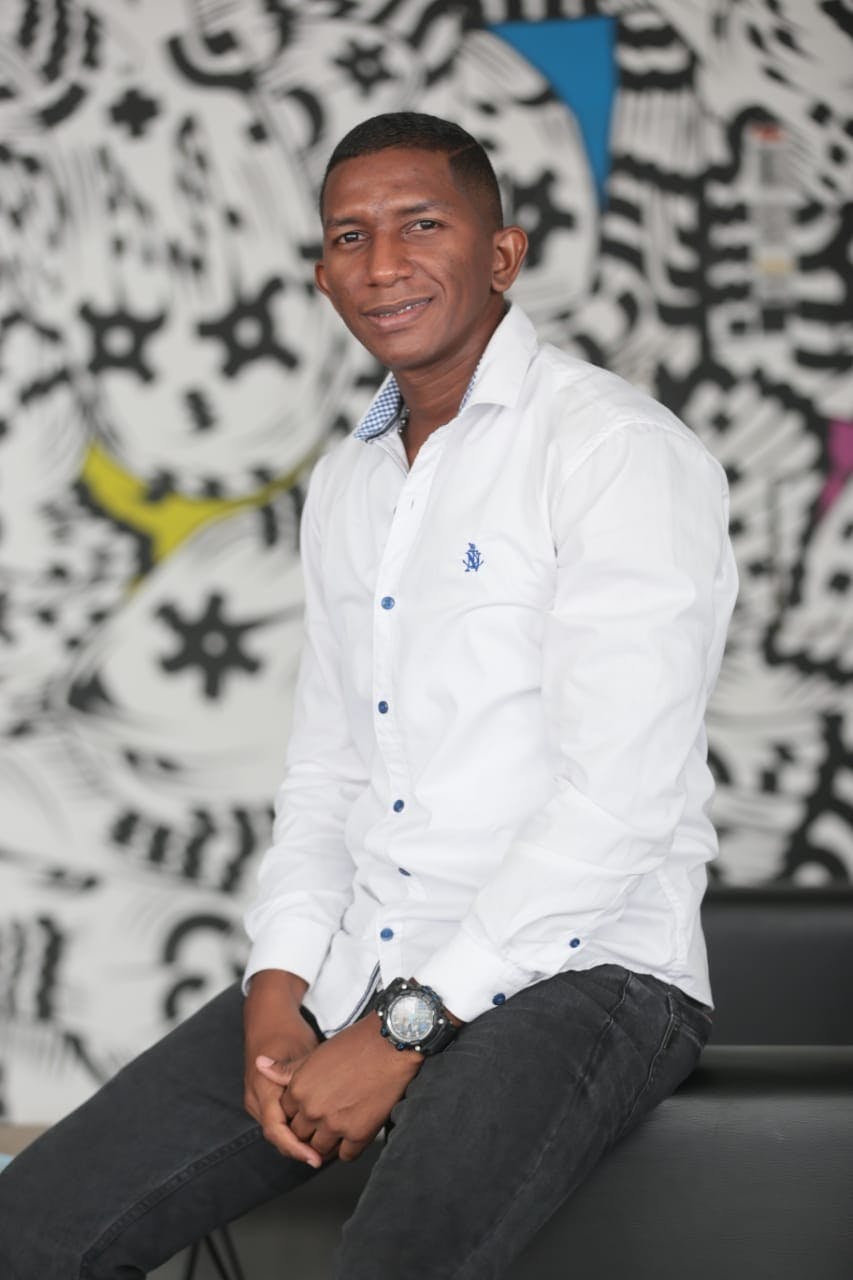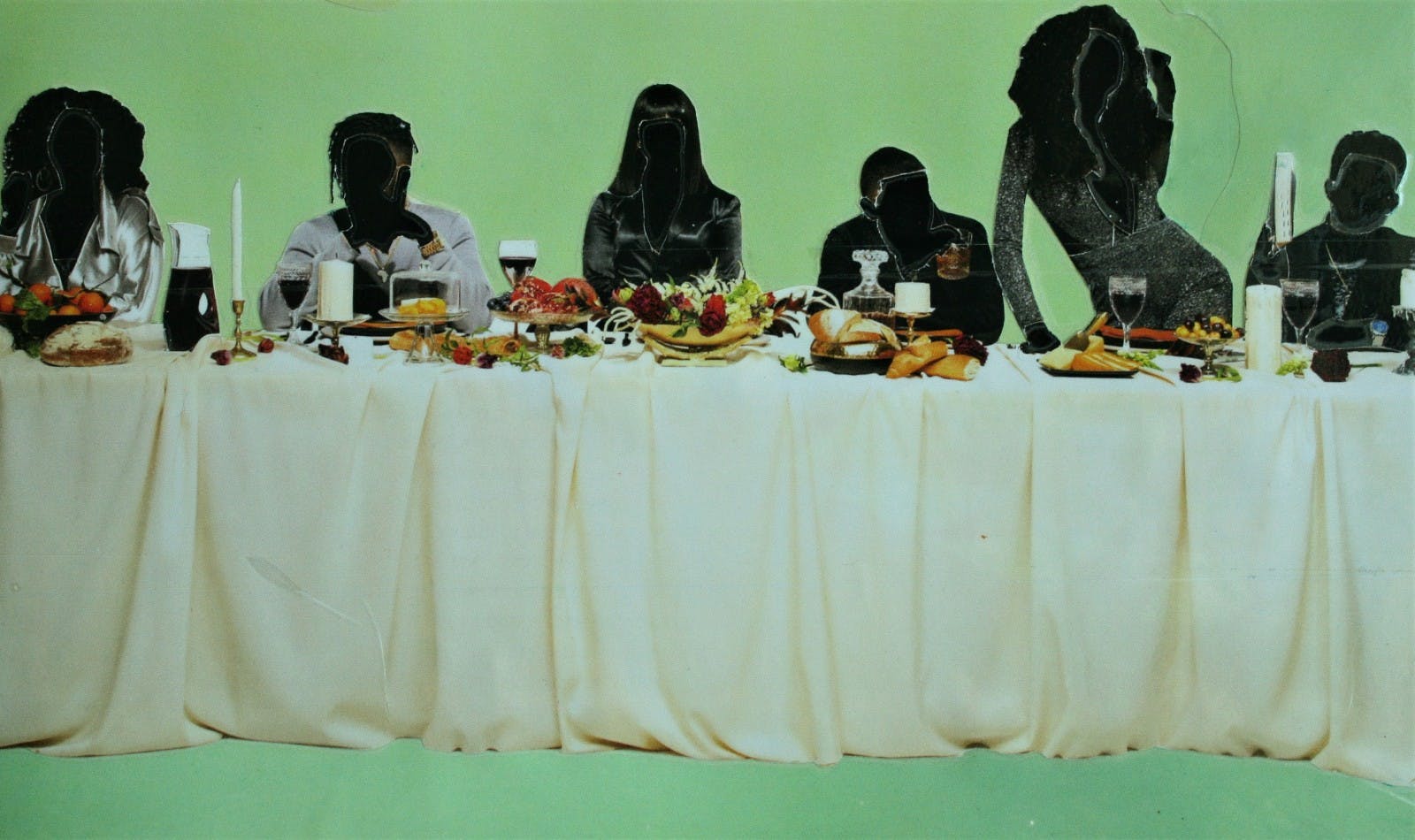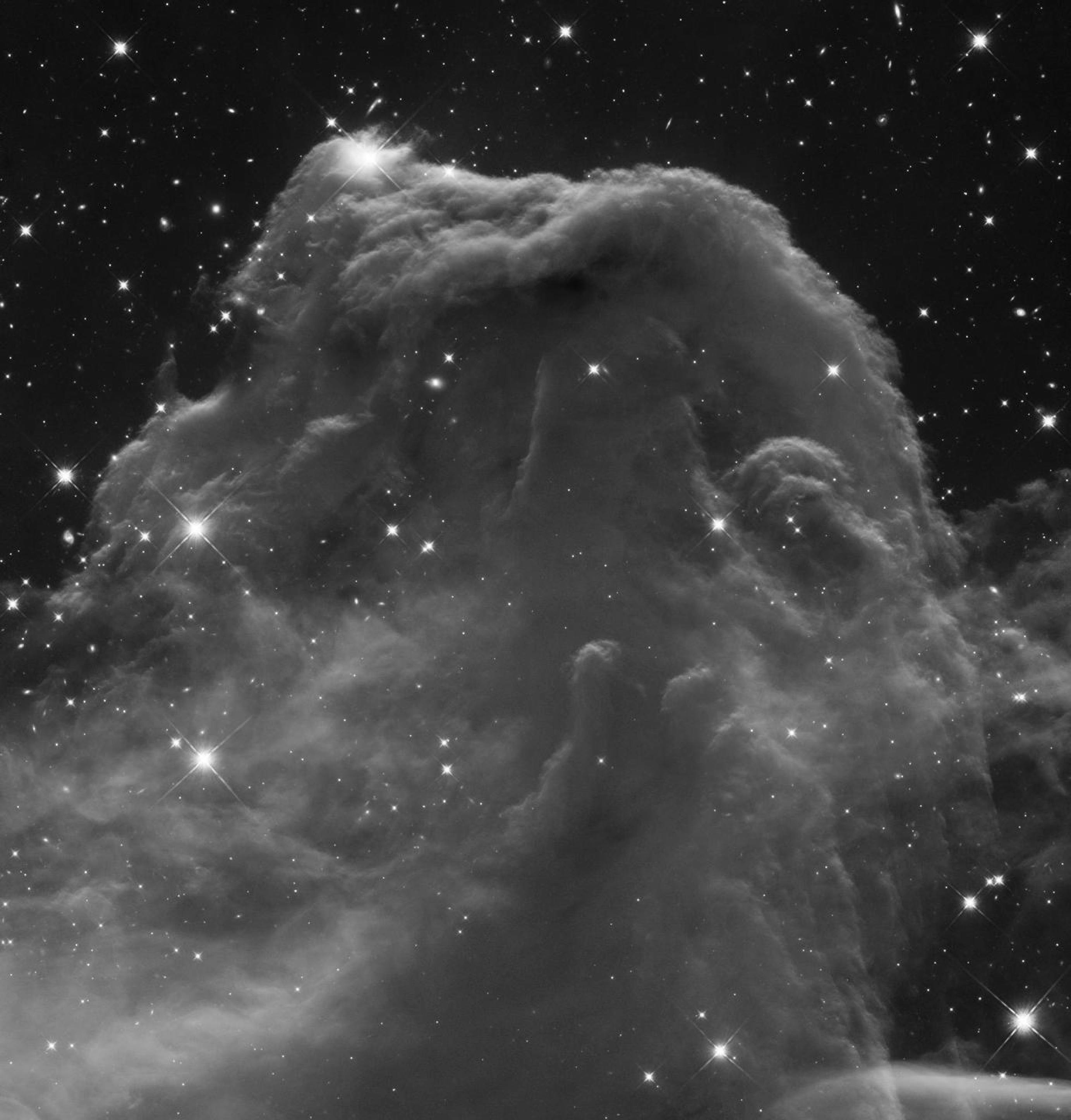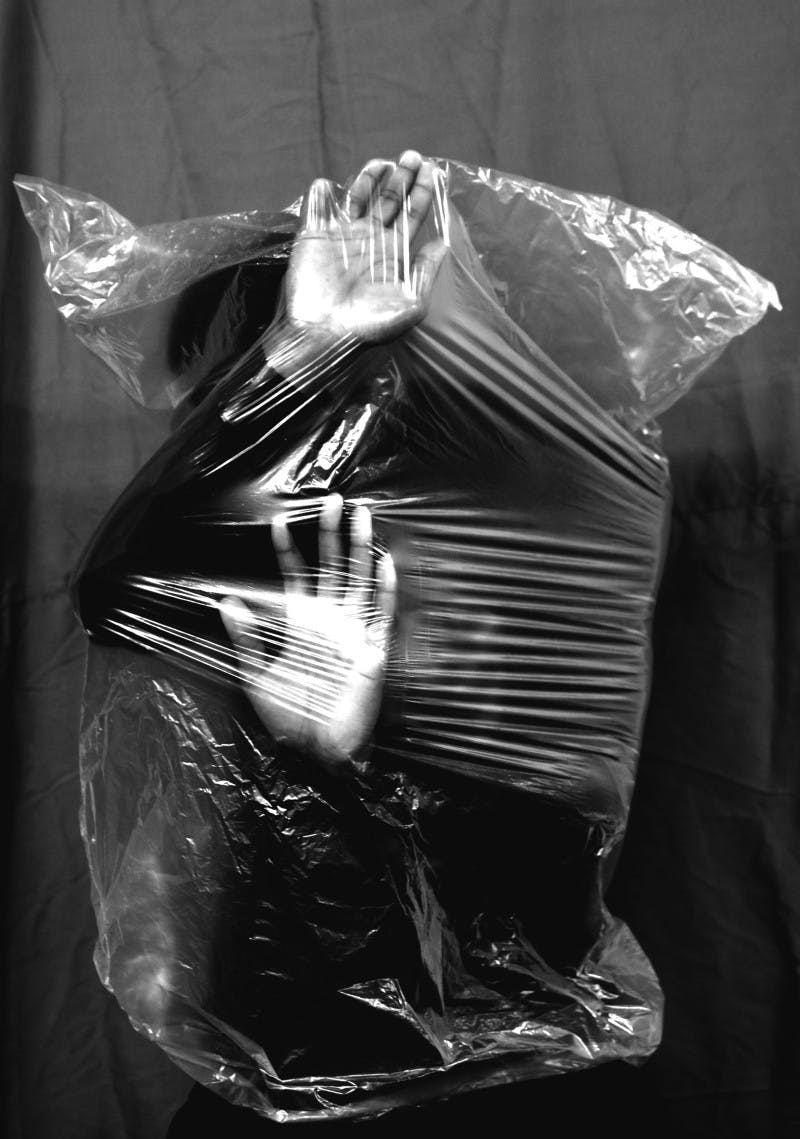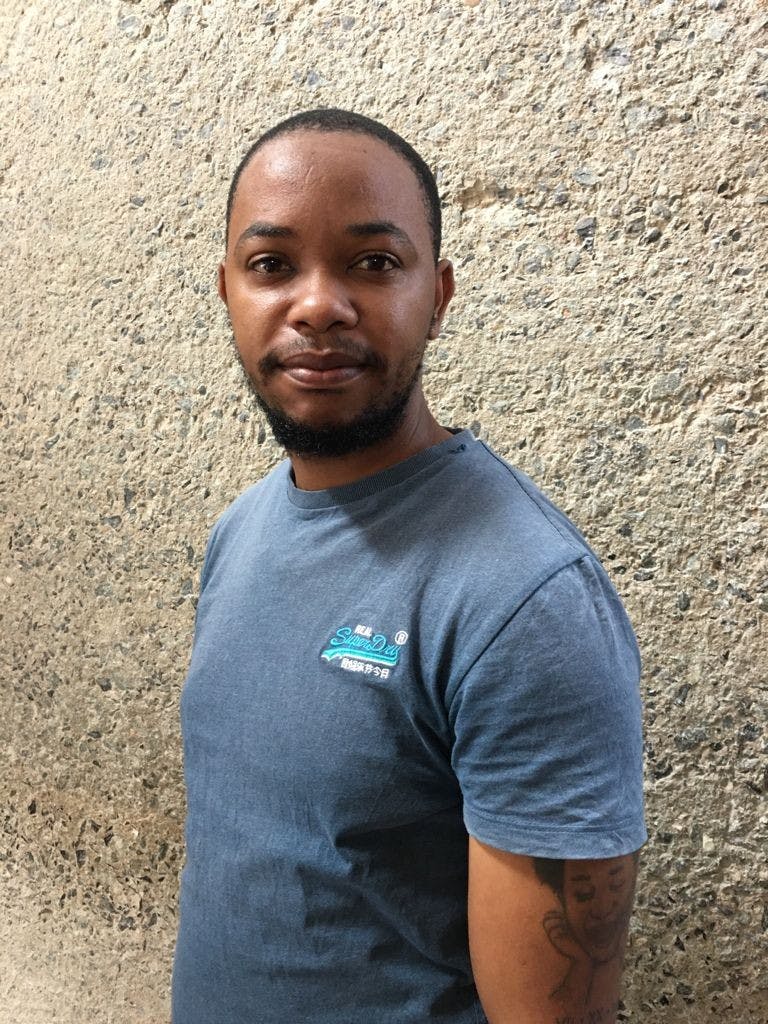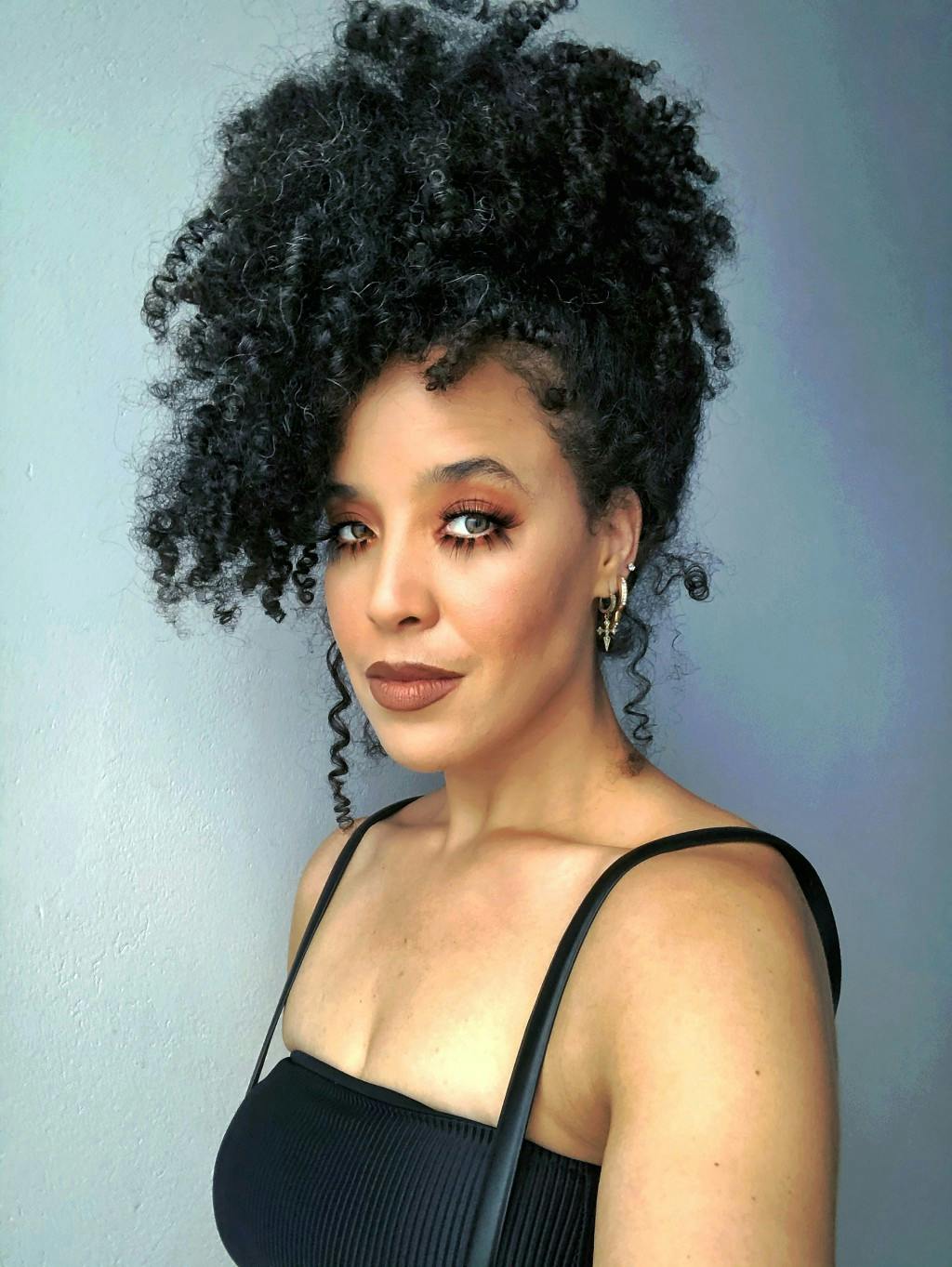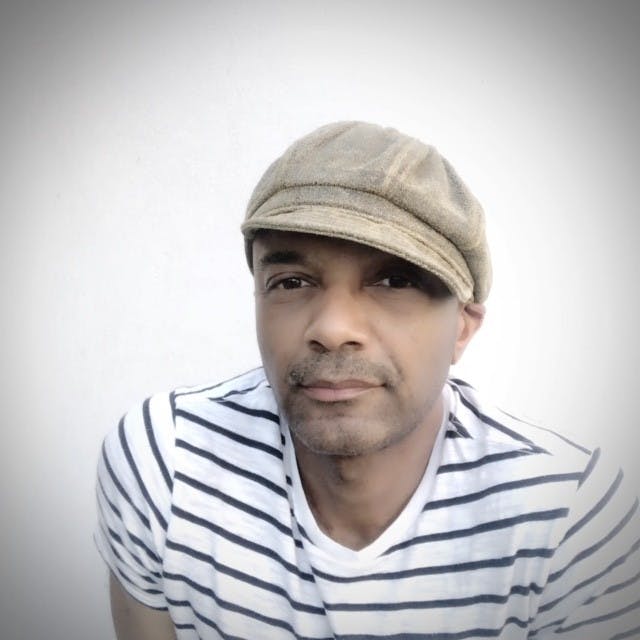The second issue of Moya engages one of the lively debates of our time: can identity politics liberate the oppressed? By employing an explicitly transnational lens, Danielle Bowler has gone to the source of the term identity politics. Coined by the members of the Combahee River Collective in the early 1970s, the concept represented a radical approach to making sense of interlocking oppressions. Since then, the term has become hotly contested across the political spectrum, and its meanings and political applications remain often obscured. Bowler’s piece offers both an understanding of Barbara Smith’s original intentions and her reflections on the current life of this idea in the world.
Art
In this digital collage, Blaine D. Teamer of the United States invites us into the spiritual legacies of the transatlantic slave trade by drawing attention to Ara, the goddess of style, the maintainer of individuality and self-expression.
Feature
A member of the Combahee River Collective—the Black, lesbian, feminist, socialist movement that conceptualised identity politics—Barbara Smith was born into struggle, a position from which she chose to create, organise and liberate herself and others.
Art
Positioned between the rich Igbo heritage and the emerging Afropolitan tradition, Nigerian REWA seeks to present characters that are uninhibited and self-aware. baby oku’s unapologetic demeanour captures the journey that departs from that of her female forebearers.
Event
In October 2021, we hosted a panel discussion, in partnership with the Atlantic Institute, to launch Moya.
Focused on Black futures, the event featured two contributors to the first issue—Johannesburg-based Atlantic Fellow for Racial Equity Alex Fitzgerald, and Jamaican-American writer Alistair Scott—alongside London-based cultural commentator Jason Okundaye, and Nairobi’s Saida Ali, an activist and Atlantic Fellow for Social and Economic Equity.
The discussion kicked off with this question from Saida, our facilitator: What Black futures do you envision?
Art
South African photographer Siyolisi Bani seeks to capture truth and spirit in each shot. He brings us to the intersection of darkness and light in people. Deliberately conveying visual sorrow, Bani’s work, focuses on Black men’s experiences with depression.
It’s 2040. The past two decades have seen shifts across the world in the influence and fortunes of individuals and societies alike, underscored by changing climates and technological advancements. Some of the changes have worsened prospects for Black people while others hint at the end of anti-Black racism. This is the world in which our Black Futures issue is set.
Amid this changing global landscape, it almost feels, to feature contributors Alex Fitzgerald and Alistair Scott, that the arch of the moral universe is bending towards justice. Almost. Because new opportunities for global Black solidarity have, in these contributors' imaginings of the future, revealed questions and tensions that are familiar to the realities of 2021. Also in this issue, visual artists Nathaniel Sheppard III, Alexis Tsegba, and Ré Phillips—together with cultural worker Adama Sanneh and clinical psychologist Roseline Armange, the first guests from season two of our Race Beyond Borders podcast—help us explore Planetary Blackness, Moya's vantage point into the world.
